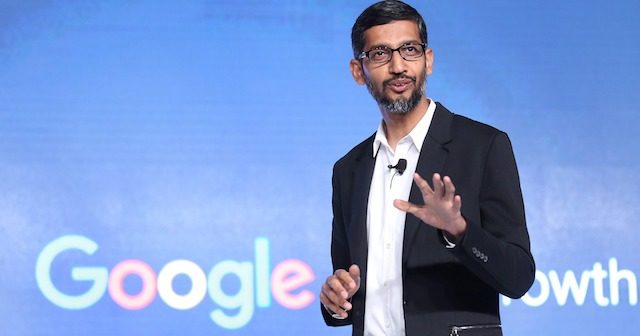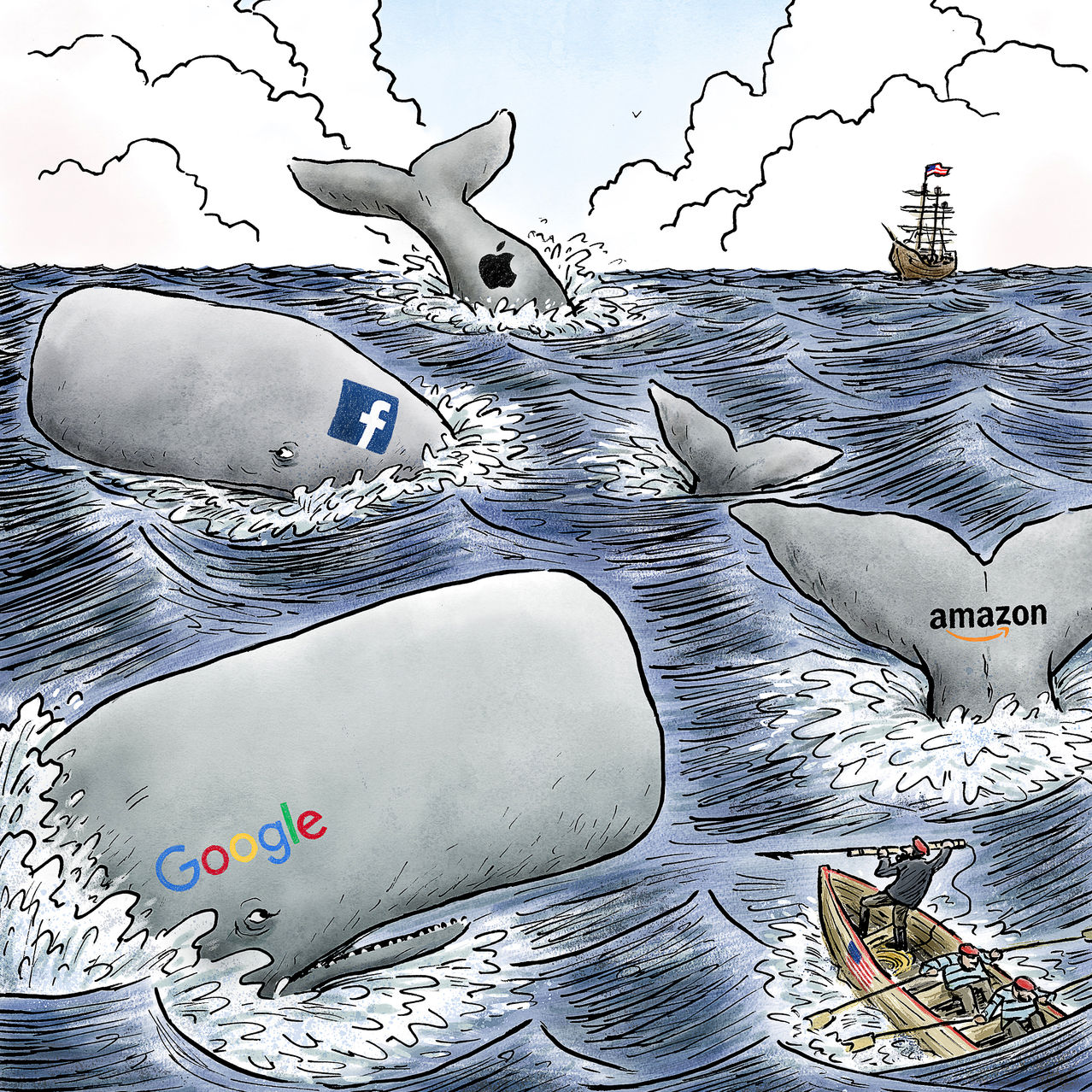Tech giants fight Trump’s travel ban as new phase in globalisation emerges – StartupSmart

127, mostly tech, companies have signed a brief of support opposing US President Trump’s “Muslim travel ban”.
The companies, that include Apple, Google, Microsoft, Facebook and Tesla have filed an “amicus brief” with the 9th US Circuit Court of Appeals in support of US District Judge James L. Robart who ordered a stay on Trump’s executive order to ban anyone from 7 countries from entering the US for between 90 and 120 days.
The tech companies have argued that immigration is a central factor in the history and makeup of the US and has helped fuel American innovation and economic growth.
Immigrants, or their children, founded more than 200 companies that are amongst the top 500 companies in the US. Between 2006 and 2010, immigrants were responsible for opening 28% of call new businesses in the US. Thirty percent of US Nobel laureates in Chemistry, Medicine and Physics have been immigrants.
Mostly however, the brief focuses on the harm that its chaotic implementation will have on US companies. They allege:
“The Order makes it more difficult and expensive for U.S. companies to recruit, hire, and retain some of the world’s best employees. It disrupts ongoing business operations. And it threatens companies’ ability to attract talent, business, and investment to the United States.
The consequences of this action will be that US companies will lose business and ultimately.
“Multinational companies will have strong incentives, including from their own employees, to base operations outside the United States or to move or hire employees and make investments abroad.”
This last is no idle threat. In 2015, it was estimated that US companies have US $2.1 trillion overseas that haven’t been repatriated because of the tax implications. Apple alone has over US $230 billion held outside the US.
The idea of using this money to set up development and further manufacturing capabilities outside the US makes a great deal of sense, even without the imperative of Trump’s actions. However, there is another move that Trump is threatening that may make the decision to move operations outside the US more attractive still.
Trump’s administration is planning to target the high-skilled worker’s H-1B visa. This offers mostly tech companies the ability to recruit up to 85,000 skill developers and other staff from around the world. According to the Republicans and Trump however, tech companies should be recruiting locally.
Companies like Microsoft, where I have first hand experience of recruitment experience, did actively try and recruit within the US. Recruiting from outside is generally more expensive and time consuming and so there is no real reason why tech companies would actively ignore domestic applicants or favour foreign ones. Tech companies seek to employ the best people for the job and if the pool is global, that is how they achieve that goal.
Having offices remotely distributed can be made to work although it makes communications across teams and different product areas more challenging than if they are all in a single location. However, it already happens in most tech companies with Google and Microsoft already having research and product development occurring out of countries like Australia, India and China.
As outlined in the amicus brief, Trump is sowing uncertainty and chaos with his desire to treat policy like tweets on Twitter. That is going to provide enough incentive for companies to brave the potential disapproval from Trump and use the significant investments held outside the US to expand their capabilities.
Trump may succeed, contrary to his intentions, in catalysing a new phase in globalisation in which companies shift their centres from the US to a more distributed model. Of course, companies may still run into problems if Trump’s brand of nationalism succeeds in taking hold in other countries like Australia or Europe.
The other side-effect of the US uncertainty is the fact that increasingly businesses based outside the US will have a competitive advantage and customers may decide that it is easier to avoid doing business with the US for at least the next four years. China is rapidly becoming the technological equal of the US in many ways and so its ascendancy may also benefit.
The amicus curiae brief is the start of a long legal campaign which will aim to keep the worst of Trump’s plans in check. Depending on the outcomes, the world outside the US may actually benefit from Trump if companies are forced to look outside the walls, real and virtual, he is seeking to create.
David Glance is Director of UWA Centre for Software Practice, University of Western Australia.
This article was originally published on The Conversation. Read the original article.
Follow StartupSmart on Facebook, Twitter, LinkedIn and iTunes.

